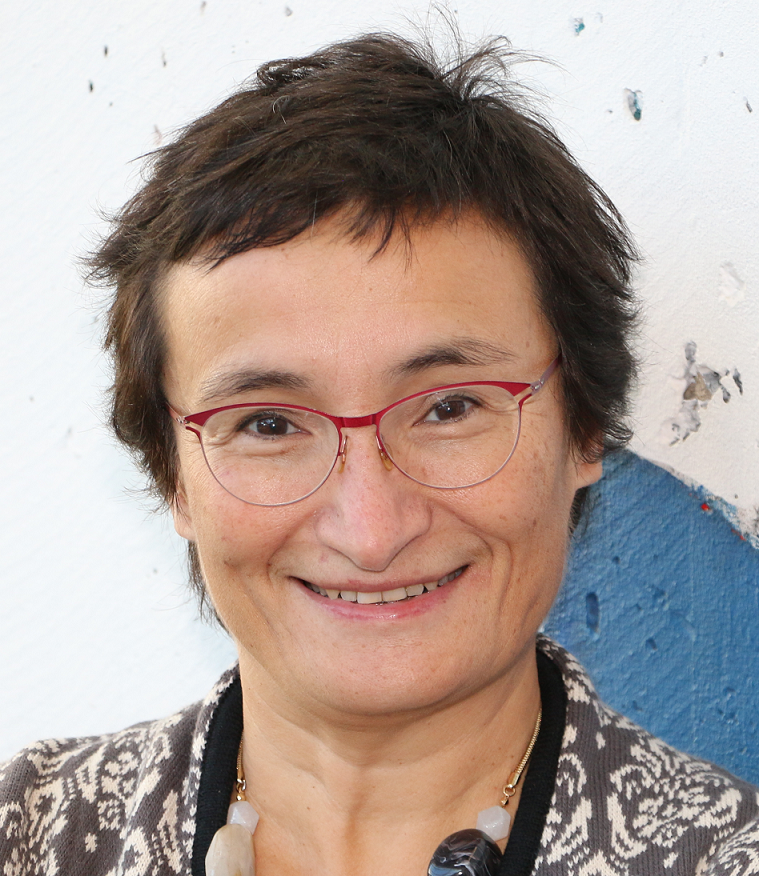|
|
Associate Professor, Institute of Ophthalmology, UCL Consultant, Moorfields Eye Hospital Transforming healthcare using deep learning - lessons from ophthalmology
Abstract: Ophthalmology is among the most technology-driven of the all the medical specialties, with treatments utilizing high-spec medical lasers and advanced microsurgical techniques, and diagnostics involving ultra-high resolution imaging. Ophthalmology is also at the forefront of many trailblazing research areas in healthcare, such as stem cell therapy, gene therapy, and - most recently - artificial intelligence. In July 2016, Moorfields announced a formal collaboration with the artificial intelligence company, DeepMind. In my presentation, I will describe the motivation - and urgent need - to apply deep learning to ophthalmology, the initial results of our research, and finally, why I believe that ophthalmology could be first branch of medicine to be fundamentally reinvented through the application of artificial intelligence. Biography: Pearse Keane is a consultant ophthalmologist at Moorfields Eye Hospital, London and an associate professor at UCL Institute of Ophthalmology. He is originally from Ireland and received his medical degree from University College Dublin (UCD), graduating in 2002. |
 |
Professor, Wallenberg chair on Responsible Artificial Intelligence. Scientific Director of WASP-HS (Humanities and Society). Responsible AI: from principles to action Abstract: Every day we see news about advances and the societal impact of AI. AI is changing the way we work, live and solve challenges but concerns about fairness, transparency or privacy are also growing. Ensuring an ethically aligned purpose is more than designing systems whose result can be trusted. It is about the way we design them, why we design them, and who is involved in designing them. If we are to produce responsible trustworthy AI, we need to work towards technical and socio-legal initiatives and solutions which provide concretise instructions, tools, and other means of dictating, helping, and educating AI practitioners at aligning their systems with our societies’ principles and values.Biography: Virginia Dignum is Professor of Responsible Artificial Intelligence at Umeå University, Sweden and associated with the TU Delft in the Netherlands. She is the director of WASP-HS, the Wallenberg Program on Humanities and Society for AI, Autonomous Systems and Software. She is a Fellow of the European Artificial Intelligence Association (EURAI), a member of the European Commission High Level Expert Group on Artificial Intelligence, of the working group on Responsible AI of the Global Partnership on AI (GPAI), of the World Economic Forum’s Global Artificial Intelligence Council, of the Executive Committee of the IEEE Initiative on Ethically Alligned Design, and a founding member of ALLAI-NL, the Dutch AI Alliance. Her book “Responsible Artificial Intelligence: developing and using AI in a responsible way” was published by Springer-Nature in 2019.
|

